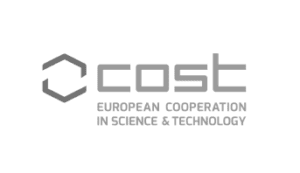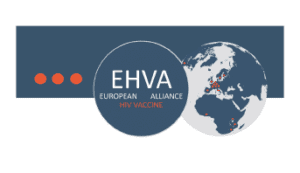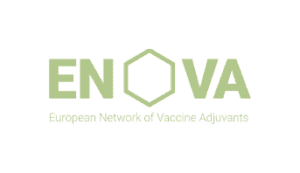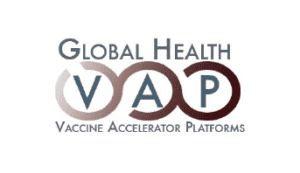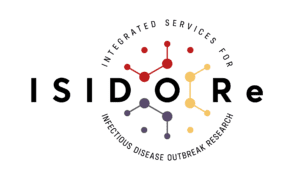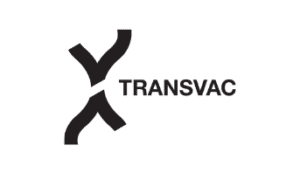Supporting vaccine community with adjuvant and formulation expertise
VFI supports research on adjuvants and vaccine formulation
Adjuvants have been used for more than a century to boost the efficiency of vaccines, allowing increased immunogenicity and dose-sparing (i.e. the achievement of similar immunogenicity using reduced amounts of vaccine antigen).
VFI supports academic partners in their research on vaccines, adjuvants and vaccine formulation by providing adjuvants at preclinical grade, and by designing and performing research studies with its partners. VFI regularly co-authors publications resulting from collaborative work with academic partners.
VFI is also a member of numerous international consortia aiming at accelerating the development of human and veterinary vaccines, including EU-funded TRANSVAC, OPTIMALVAX, EHVA, ENOVA.
VFI is part of a network of experts and collaborators
ISIDORe
ISIDORe
EHVA
EHVA
BAXERNA
BAXERNA
TBVAC-Horizon
TBVAC-Horizon
UltiMalVax
UltiMalVax
OptiViVax
OptiViVax
Adjuvants for Group A Streptococcal Vaccines (GAS)
Adjuvants for Group A Streptococcal Vaccines (GAS)
ENOVA
ENOVA
VFI coordinates the activities of more than 30 European partners and provides training on adjuvants and formulations.
Reference:
Schijns, V. et al. Modulation of immune responses using adjuvants to facilitate therapeutic vaccination. Immunol Rev 296, 169–190 (2020) and Lemoine, C. et al. Technological Approaches for Improving Vaccination Compliance and Coverage. Vaccines 8, 304 (2020)
OptiMalVax
OptiMalVax
TRANSVAC
TRANSVAC
Reference:
Geels, M. J. et al. TRANSVAC research infrastructure – Results and lessons learned from the European network of vaccine research and development. Vaccine 33, 5481–5487 (2015)
Academic collaborations
University of Queensland, Australia
Rivera-Hernandez et al. (2020). Vaccine-Induced Th1-Type Response Protects against Invasive Group A Streptococcus Infection in the Absence of Opsonizing Antibodies. mBio (accepted)
Université Paris-Saclay / INRA, France
Chulalongkorn University, Thailand
University of Washington, USA
Marcandalli J et al. (2019). Induction of Potent Neutralizing Antibody Responses by a Designed Protein Nanoparticle Vaccine for Respiratory Syncytial Virus. Cell. 2019 Mar 7;176(6):1420-1431.e17. doi: 10.1016/j.cell.2019.01.046. PubMed PMID: 30849373.
University of Oxford, Jenner Institute, United Kingdom
Wang C et al. (2018). A simian-adenovirus-vectored rabies vaccine suitable for thermostabilisation and clinical development for low-cost single-dose pre-exposure prophylaxis. PLoS Negl Trop Dis. 2018 Oct 29;12(10):e0006870.
University of Geneva, Switzerland
Poecheim, J. et al. (2016). Ag85A DNA Vaccine Delivery by Nanoparticles: Influence of the Formulation Characteristics on Immune Responses. Vaccines 2016, 4, 32.
Leiden University, The Netherlands
Activities
VFI can provide a range of adjuvants based on oil-in-water emulsions, liposomes, or mineral salts, suitable for preclinical use. Provision of VFI’s adjuvants is accompanied by advice and guidance on how to formulate and evaluate them.
VFI can evaluate and optimise adjuvanted vaccine formulations to improve formulation stability and the quality of immune responses induced by vaccine candidates.
This can include:
- Formulation of antigens in combination with various adjuvant systems under different experimental conditions
- Assessment of the compatibility and stability of vaccine formulations, and evaluation of their physical, chemical, and biological properties
- Development of analytical techniques relating to antigen characterization in the formulation, including but not restricted to adsorption or encapsulation rates, antigen integrity/stability evaluation, detection and quantification of adjuvants, loading rate in vaccine delivery systems, physico-chemical properties, particle-size evaluation, formulation quality control
- Support of partners with the preclinical development of their adjuvanted vaccine candidates
- Evaluation of the immunogenicity parameters in immunogenicity studies in vivo
VFI can assist with adjuvant manufacturing and quality control. Assays, technology, and equipment can be transferred to manufacturers, followed up by installation and training at VFI or on-site where needed.
VFI can run both theoretical and practical training courses on adjuvants and vaccine formulation. Both types of course are organized on a regular basis, but courses can also be customized upon request.

